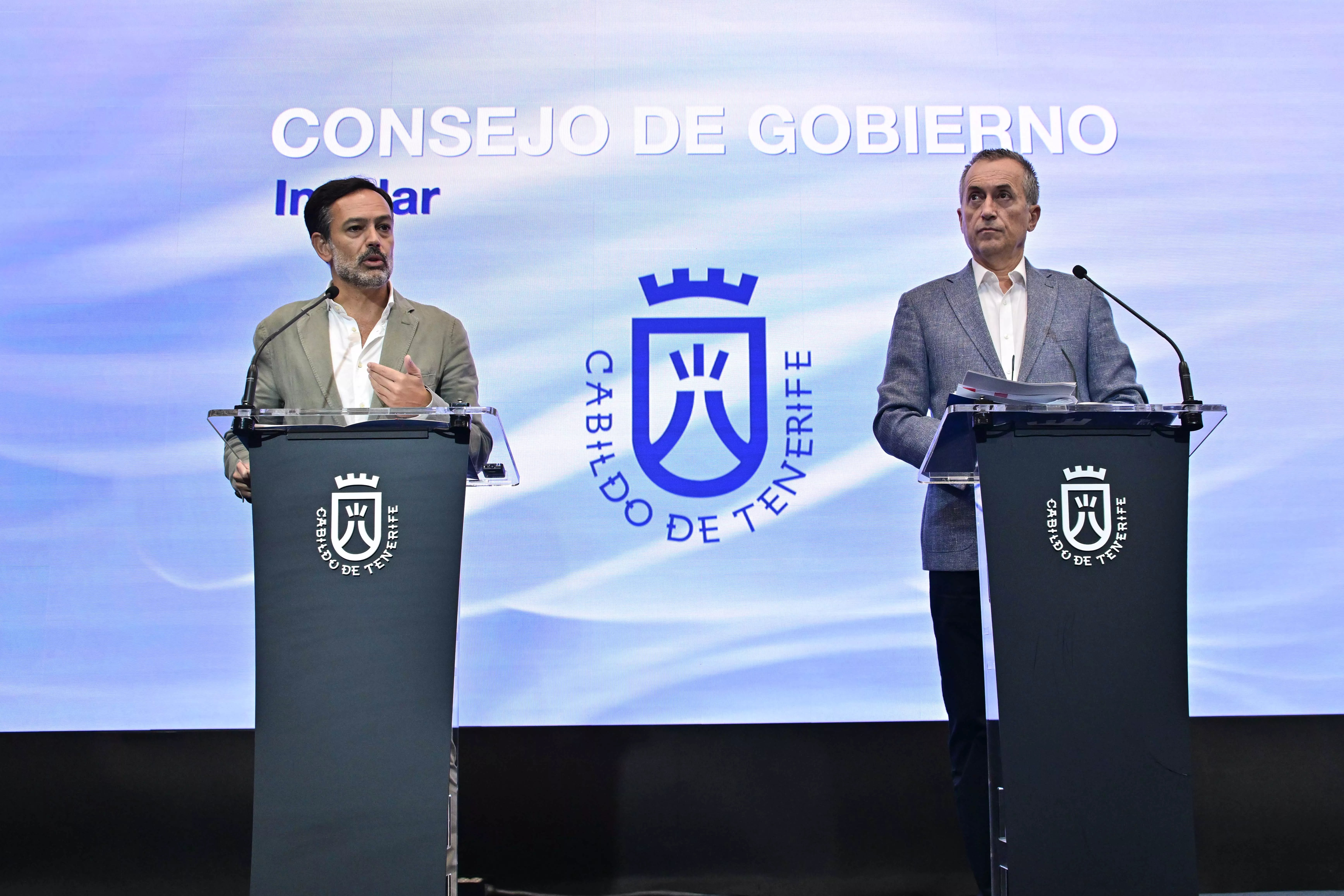The Guía de Isora City Council has recently been compelled to return 1.2 million euros to the central government, in addition to 30,000 euros in interest, which were allocated for the Commerce, Culture, and Tradition project aimed at promoting local trade. Furthermore, in recent months, the municipality has struggled to access other significant subsidies. These losses, as pointed out by the socialist opposition, have sparked a rigorous debate regarding the management of public funds.
The predicament surrounding some of these subsidies traces back to the previous mandate of the socialist party. In this regard, Ana Dorta (CC), the corporation’s mayor due to her alliance with the PP, defended the subsidy yesterday by claiming that, “although it was an appealing grant, the project was not sufficiently structured to implement the proposed improvements.”
Dorta explained that upon taking office, “they discovered that there were no specific projects in place to utilise the funds,” prompting them to request an extension in an attempt to draft suitable plans, although this ultimately proved inadequate. This was also the rationale she mentioned concerning the Administration’s Modernization and Innovation Plan, an aid she asserts did not include projects devised during the previous term and, consequently, “they could not proceed with it.”
Josefa Mesa, the socialist spokesperson, condemned the return of both grants, labelling them “a squandered opportunity.” Mesa argues that “this refund is indicative of poor planning and management,” adding that “the loss of such a substantial grant has direct consequences, including the obligation to repay interest.” For the opposition leader, these unsuccessful aids “directly affect the local economy’s development.”
Another grant that was not secured was that of the Activa Vivienda 2024 programme, an island initiative aimed at constructing social housing. The mayor acknowledged that while her team endeavoured to qualify, “we did not meet all the necessary requirements.” Mesa insists that “every effort should be made to seize opportunities in an area as crucial as social housing.” Furthermore, she asserts that, “during previous terms, the council allocated land to the Government of the Canary Islands for this purpose, and the current lack of strategy indicates a regression.”
The municipality also missed out on the Tourism Regeneration Plan of the Tenerife Council, which offered a total investment of 18 million euros to enhance tourist regions. According to Dorta, this aid was exclusively for tourist municipalities, a category that “we did not meet from the outset.”
FIVE MUNICIPALITIES
The vice president and Minister of Tourism, the conservative Lope Afonso, noted in his presentation yesterday that five municipalities were included in this plan: Arona, Adeje, Puerto de la Cruz, Santiago del Teide, and San Miguel de Abona, thereby excluding Guía de Isora from the very beginning.
“We cannot access funds that are designated for areas with a well-established tourist profile,” the mayor explained. In contrast, Mesa pointed out that the corporation “has been content with the outcome,” reminding everyone that “the municipality is part of the association of tourist municipalities.”
Another contentious issue is the unsolicited funding for the MiradasDoc festival, which holds considerable cultural significance. Dorta remarked that the scale of the festival “does not reflect the interests of the local community” and that “other municipalities, with greater capacity for hosting and community support, could manage it more effectively.”
Mesa countered this stance, stressing that “MiradasDoc is an event that elevates our standing in the cultural arena, even on an international stage, and the indifference towards its continuation is a diminishing of prestige and promotion.” The opposition leader declared that this “opens a portal to Latin America.” She also fiercely critiqued the mayor’s characterisation of the municipality as “modest,” stating that “they should always aspire to greater things.”
















